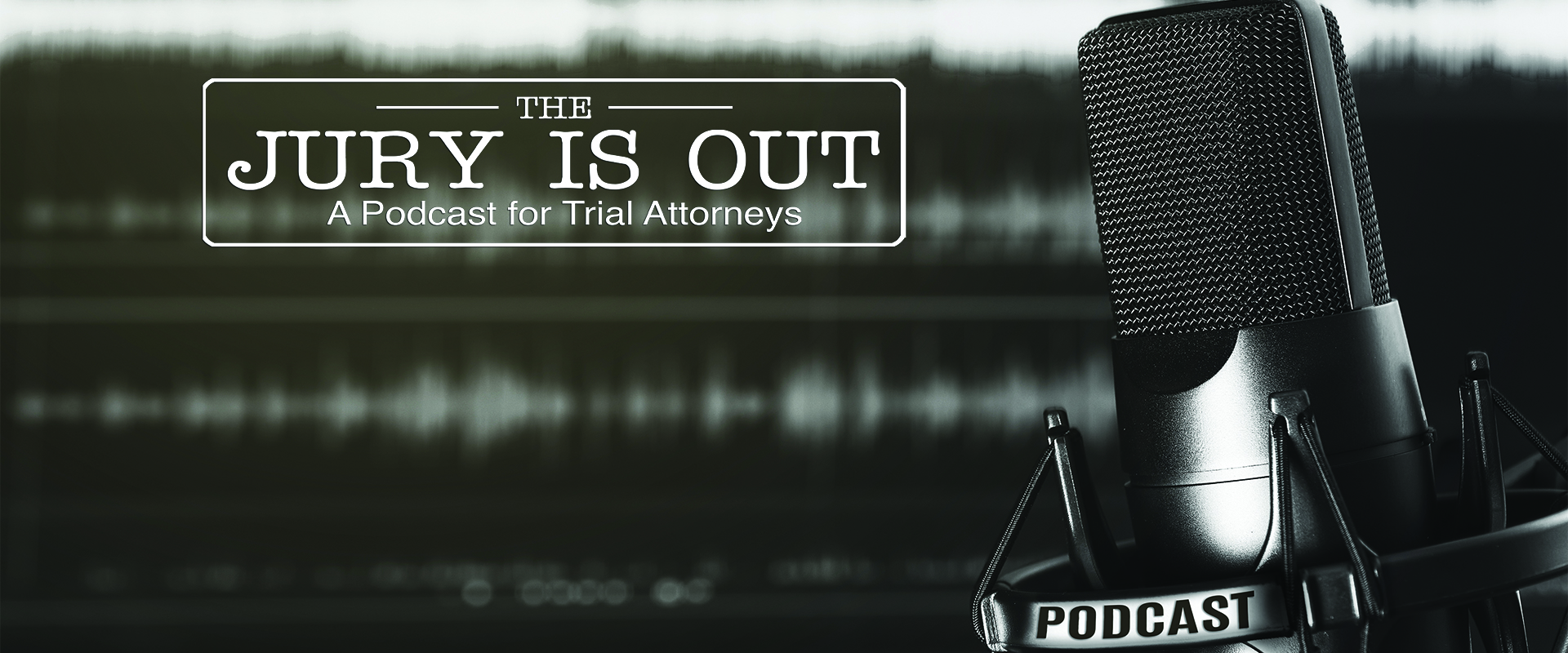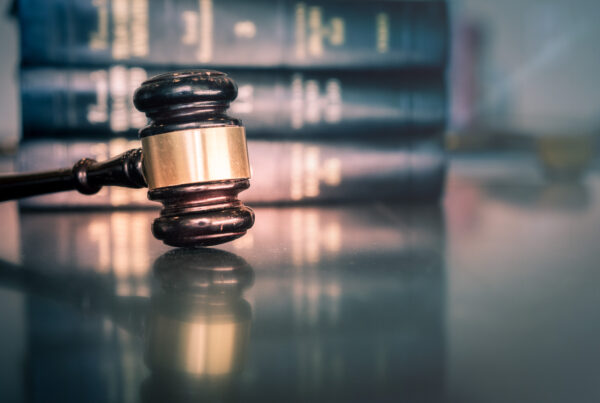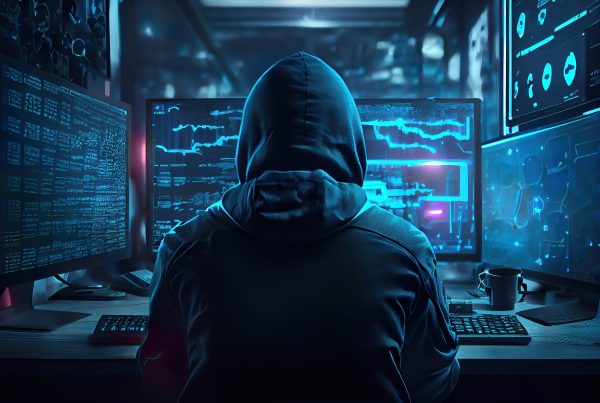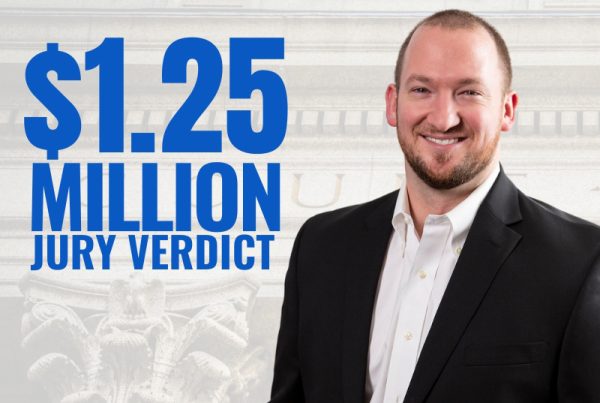In Part I of this conversation John Simon, Erich Vieth and law professor/researcher John Campbell discussed jury attitudes regarding jury service during the COVID-19 pandemic. In Part II of this conversation, the discussion turns to juror bias and potential new ways to reconceptualize jury service. Perhaps the lull in jury trials during COVID-19 is an opportunity to consider bold new approaches for minimizing potential jury bias.
To what extent to do juror attitudes regarding COVID correlate to whether the kinds of jurors willing to serve during COVID might skew trial outcomes. Based upon extensive surveys conducted by Campbell, those jurors who are not nervous about serving tend to value cases approximately 16% less compared to the other jurors, making them better jurors for the defense. That is offset somewhat by jurors who would refuse to serve if forced to wear a mask.
Additional research focused on the detailed responses of 750 prospective jurors regarding medical malpractices cases, half of them before and the other half, after COVID became an issue. The discussion concerns the attitudes of these jurors regarding medical professionals and regarding government reaction to COVID. The detailed results are nuanced and mixed.
Campbell then presented his ideas on whether it is better to perceive juries as random or whether we should perceive them as predictable. If the latter, and if juries could be expanded to, for example, 75 jurors, then each side would be better able to use online focus groups to better predict real-life jury results. This approach would help remedy an information gap, namely the small sample bias of a juries of 6 or 12. The small jury sizes allowed by most states are exacerbated by voir dire time caps in many states, sometimes as little as 20 minutes. This tiny window for exploring juror attitudes borders on meaningless when one considers that talking with 40 jurors for 20 minutes amounts to only 30 seconds per juror.
Picking unbiased juror is critically important because having biased jurors means that there will be jurors sitting in that jury box whose strong biases prevents them from hearing evidence. Campbell’s radical idea:
My simple idea, we’ve got to allow meaningful selection in every case so that we can seat people who don’t already have predisposed views that mean they won’t hear the evidence that’s so critical to these people who only have one case and whose lives will be changed by the result . . . the most likely result is going to be socially distanced trials. I would say, if we go that route, all of us have to understand, one, it is the least desirable route among jurors, so they’re not going to be thrilled to be there. And two, we are going to, by definition, be seating a group of people that is in some way skewed from the population. That’s always been true. I think it will be more dramatically true in these months after COVID. So, what I would say is, let’s at least think about piloting some options, and if we could use COVID not only to try new things, but maybe even improve.
The Jury is Out is a podcast by and for trial lawyers. Response to The Jury is Out has been overwhelmingly positive, and downloads are surging. Subscribe today!
The Jury is Out is available on iTunes, Spotify, or Podbean. New episodes drop every Wednesday. For additional information or to schedule an interview or appearance, contact Angela Louis at The Simon Law Firm alouis@simonlawpc.com.







